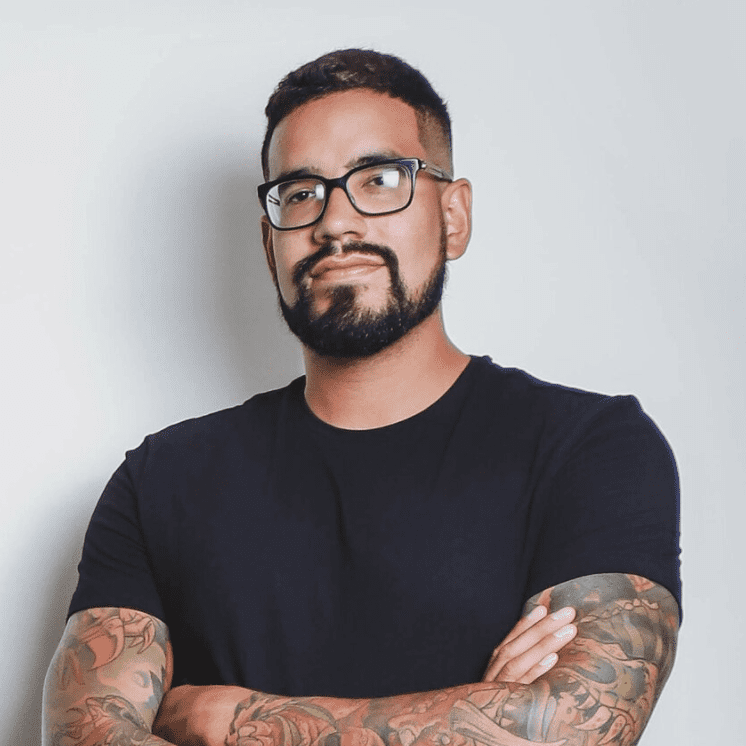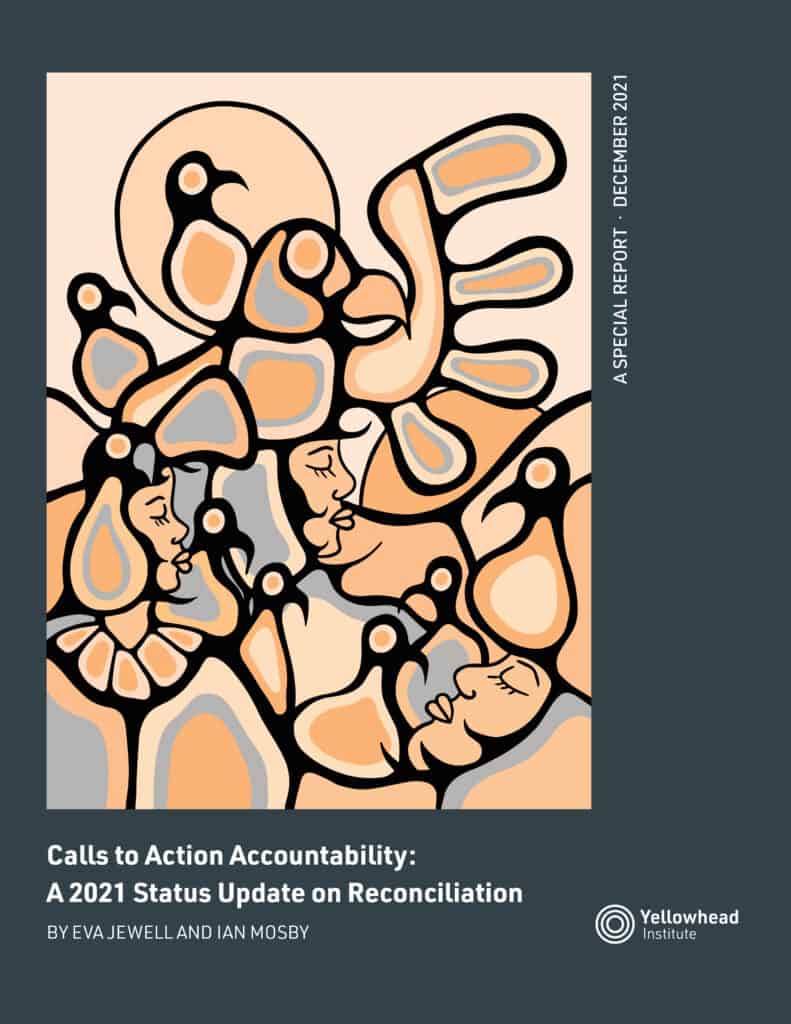- About
- Research
-
-
- Special Reports & Features
- Braiding Accountability: A Ten-Year Review of the TRC’s Healthcare Calls to Action
- Buried Burdens: The True Costs of Liquified Natural Gas (LNG) Ownership
- Pretendians and Publications: The Problem and Solutions to Redface Research
- Pinasunniq: Reflections on a Northern Indigenous Economy
- From Risk to Resilience: Indigenous Alternatives to Climate Risk Assessment in Canada
- Twenty-Five Years of Gladue: Indigenous ‘Over-Incarceration’ & the Failure of the Criminal Justice System on the Grand River
- Calls to Action Accountability: A 2023 Status Update on Reconciliation
- View all reports.
- Special Reports & Features
-
-
- Yellowhead School
-
- The Treaty Map
- LIBRARY
- Submissions
- Donate
It has now been six years since the Truth and Reconciliation Commission released its six-volume Final Report along with the 94 Calls to Action, meant to remedy the ongoing structural legacy of Canada’s Residential Schools and to advance reconciliation in Canada.
Framed by the recent revelations of thousands of children’s graves discovered on the grounds of several Residential Schools and by signs of a new resolve among Canadians to work toward reconciliation, this year’s report finds three new Calls to Action have been completed. Despite this, we also find an ongoing failure by the federal government to meaningfully enact the Calls to Action that would alter the disparate realities that Indigenous peoples experience in this country. With each passing year, Canada opts to perform reconciliation in an effort to shape a benevolent reputation rather than enact the substantial and structural changes that would rectify ongoing harms and change the course of our collective relationship.
KEY QUESTIONS
Why did it take the profoundly disturbing revelations of thousands of unmarked graves being found on the grounds of residential schools across the country to see Canada begin to make reconciliation a priority? And what does it mean that the Calls to Action that Canada did complete were also arguably the easiest, most of the symbolic gestures we allude to as “low hanging fruit” in this year’s report?
RELATED RESOURCES
To the question, “When will it be enough?” we say: it will be enough when the systems of oppression no longer exist. We will arrive at reconciliation when Indigenous peoples in this country experience, at the bare minimum, a living standard that reflects their visions of healthy and prosperous communities.
- Eva jewell & ian mosby
AUTHOR

Eva Jewell
Deshkan Ziibiing Anishinaabekwe (Chippewas of the Thames First Nation)
AUTHOR

Ian Mosby
ARTIST

Blake Angeconeb
Anishinaabe, Lac Seul First Nation Thunderbird Nest

